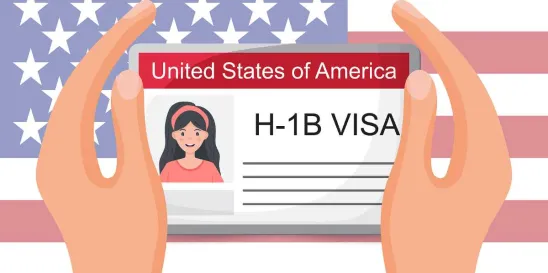As the fiscal year (FY) 2025 H-1B cap season quickly approaches, it is worth remembering that certain employers of healthcare professionals, such as healthcare systems and hospitals, may be eligible for H-1B cap-exemption. U.S. Citizenship and Immigration Services (USCIS) allows the submission of H-1B petitions beyond its 85,000 annual registration cap, if the petitioner qualifies as cap-exempt.
Quick Hits
- Cap-exempt petitioners of healthcare professionals include nonprofit entities affiliated with or related to institutions of higher education, institutions of higher education, and nonprofit and government research organizations.
- Healthcare professionals who may be eligible for H-1B status include physicians, physical therapists, medical technologists, and nurses.
- Cap-exempt petitions can be filed at any time of the year and do not need to go through the cap-subject registration lottery.
Cap-exempt petitioners of healthcare professionals may include the following:
- Nonprofit entities affiliated with or related to institutions of higher education
- Institutions of higher education
- Nonprofit research organizations
- Federal, state, or local government research organizations
Cap-exempt petitions can be filed at any time of the year and do not need to go through the cap-subject registration lottery.
An H-1B visa is a temporary visa for professionals in specialty occupations that require a Bachelor’s degree or equivalent for the position. Not all healthcare positions qualify for H-1B status, but the following positions may be eligible: physician, physical therapist, medical technologist, and nurse. Note that USCIS may require specific licenses depending on the position and the worksite location.
Next Steps
Healthcare employers may want to confirm if they qualify as cap-exempt petitioners. Employers may also wish to review if any healthcare worker positions are eligible for H-1B status, as this may open up the possibility of hiring foreign nationals in H-1B status to fill vacant positions.




 />i
/>i

